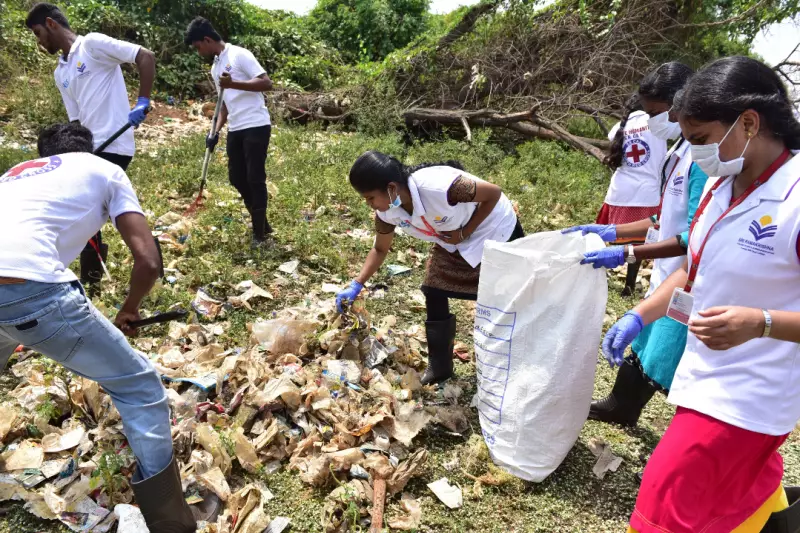
In the heart of Tamil Nadu, a quiet revolution is unfolding as local communities take sanitation matters into their own hands, transforming public health landscapes one village at a time.
The Power of Community Action
Across Tamil Nadu's rural and urban landscapes, residents are no longer waiting for top-down solutions. Instead, they're pioneering community-led initiatives that address sanitation gaps with remarkable effectiveness. These grassroots movements are proving that when local knowledge meets collective action, sustainable change becomes possible.
Innovative Approaches Making a Difference
From self-help groups managing public toilet complexes to neighborhood committees implementing waste segregation systems, the approaches are as diverse as the communities themselves. What unites them is their bottom-up methodology and remarkable results.
- Local Ownership: Communities taking responsibility for maintaining sanitation facilities
- Custom Solutions: Tailored approaches that address specific local challenges
- Sustainable Models: Systems designed to continue beyond initial implementation
- Health Impact: Measurable improvements in public health indicators
Beyond Infrastructure: Changing Mindsets
The transformation extends beyond physical infrastructure. These initiatives are successfully shifting community attitudes toward hygiene and sanitation. Through consistent engagement and education, residents are embracing new practices that promise long-term health benefits.
A Model for Broader Implementation
The success of these community-driven efforts in Tamil Nadu offers valuable lessons for other regions grappling with similar challenges. The model demonstrates how local empowerment can complement government programs like Swachh Bharat Mission, creating more comprehensive and sustainable sanitation solutions.
As these initiatives continue to gain momentum, they're not just cleaning up neighborhoods—they're building healthier, more resilient communities where every resident has a stake in maintaining proper sanitation standards.





